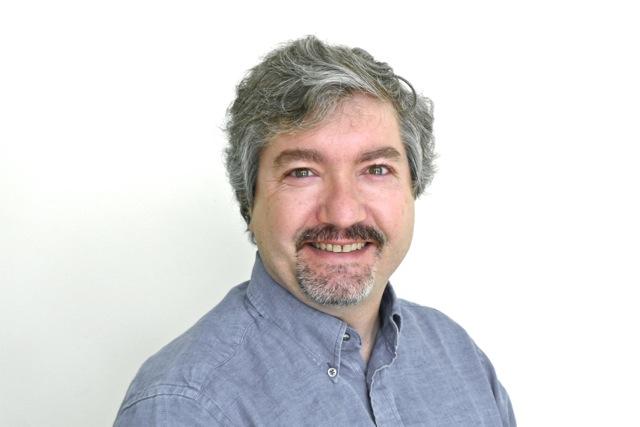Prof. Freericks receives a joint grant from the National Science Foundation for work on quantum computing in chemistry

James Freericks of Georgetown University and Dominika Zgid of University of Michigan have received a joint grant from the National Science Foundation for work on quantum computing in chemistry. The grant is for $300,000 (at Georgetown) and will fund a graduate student for three years. It is focused on developing practical implementations for quantum chemistry problems on current or near future generation of quantum computers. Quantum chemistry is viewed as one of the most promising applications of quantum computing. But, currently available quantum hardware are called noisy intermediate scale quantum (NISQ) era devices implying only short programs can be run on them. Freericks and Zgid will employ hybrid quantum-classical methodologies to mitigate the presence of the quantum noise and run only the most important part of the calculation on a NISQ machine, while the remainder will be executed on a classical computer. In this way, the quantum computer is viewed as an accelerator or enabler for the full calculation. Freericks and Zgid will investigate two questions (i) how efficient can one trade off the length of the program by increasing the number of noisy measurements and (ii) how accurately can a real quantum chemistry Hamiltonian be approximated via a fictitious sparse Hamiltonian that is suitable to be run on a NISQ device, while still yielding excellent molecular energies and dynamics. In the educational component of this project, Jim Freericks will design chemistry-specific materials for a book entitled Quantum Mechanics without Calculus; a book devoted to developing quantum mechanics curriculum with a much lower mathematics prerequisite. Dominika Zgid will prepare a series of workshops for the F.E.M.M.E.S. (women excelling more in math, engineering and sciences) organization.
